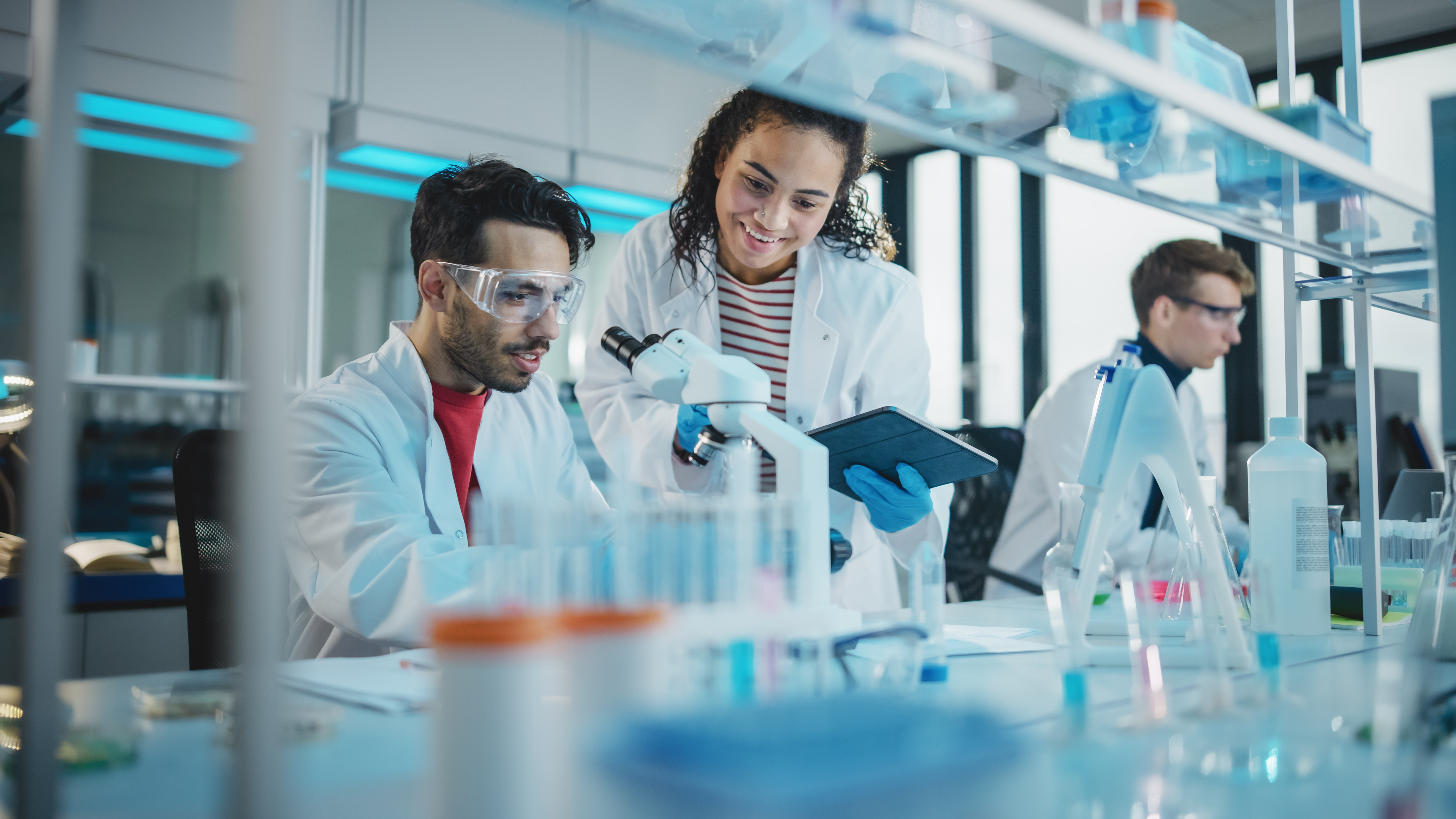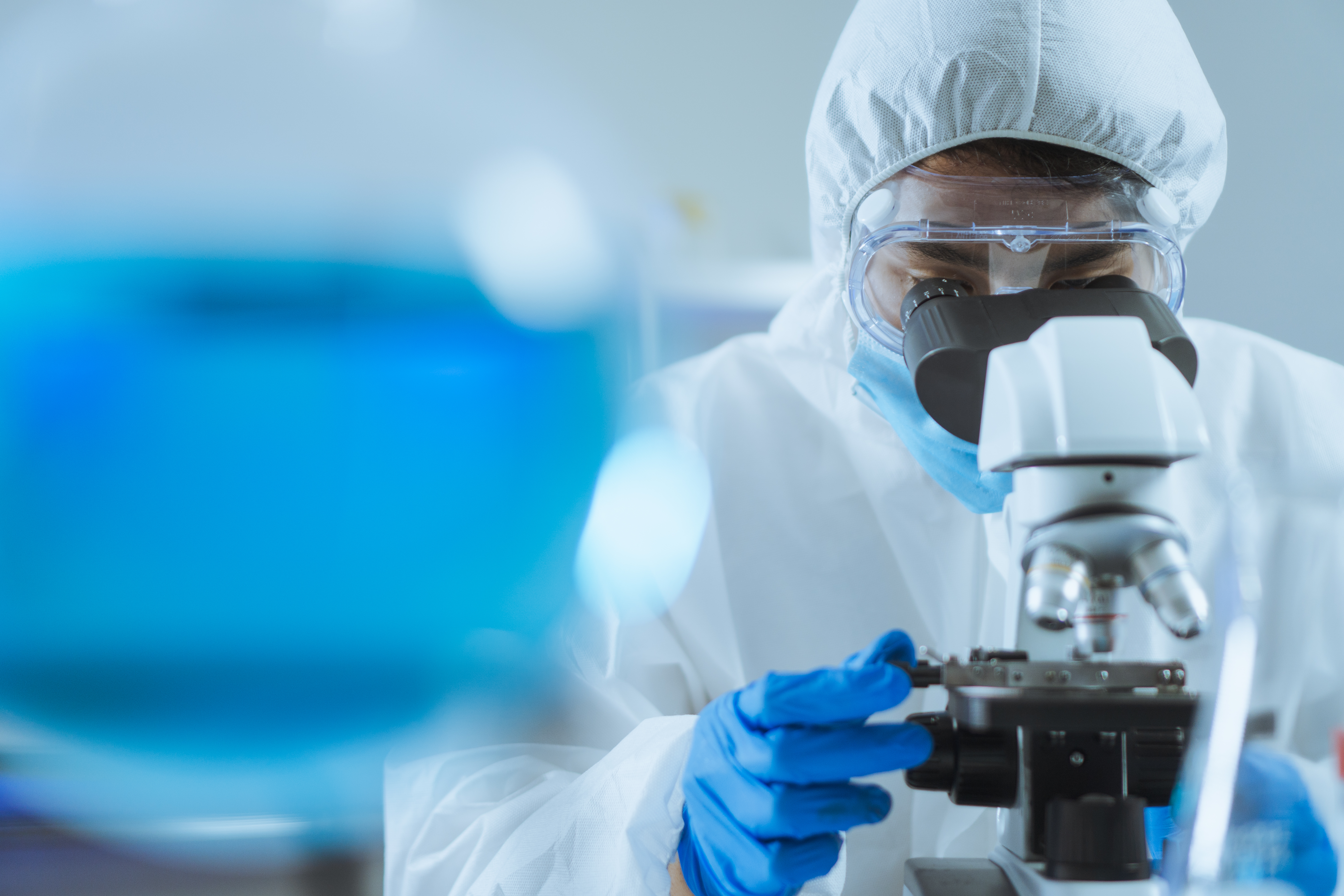The objective of the doctoral thesis is to meet the requirements for the submission and defense of a thesis as part of a graduate program, under the supervision of a thesis supervisor, and evaluated by a thesis jury that includes an external evaluator. The thesis must make a significant contribution to the advancement of knowledge in the field of research and demonstrate the autonomy of the doctoral candidate.

Essential Requirements - Doctoral Thesis
The doctoral thesis must contribute to the advancement of knowledge in a given field of study and embody the results of original and rigorous investigation and analysis by the student. It must also be of publishable quality. (Academic regulation II-7- Theses, Section 7.2 General requirements)
Objective of the doctoral thesis
Essential Requirements (Before Writing the thesis)
Intellectual abilities
- Demonstrate the cognitive skills necessary for the acquisition of information, the integration of knowledge, and the resolution of issues.
- Demonstrate the ability to synthesize and to defend one’s ideas, supported by rigorous literature evaluation and evidence-based findings.
- Acquire and master knowledge relevant to the understanding of key concepts, theories, and main issues in the field of research.
- Demonstrate independent and innovative critical thinking by making a unique contribution to the advancement of knowledge in one’s field of research.
- Apply, deepen, adapt, or develop research methods and analytical techniques appropriate to the discipline.
- Recognize the limitations of one’s knowledge and consult credible sources of information relevant to the research area

Professionalism – behavioural characteristics
- Demonstrate good judgment, honesty, self-discipline, motivation, and thoroughness.
- Demonstrate self-criticism and accept criticism from peers, challenge one’s own ideas and dogmas in one’s field of research in order to explore new opportunities.
- Act in an ethical, autonomous, and professional manner.
- Assume responsibility for one’s actions, behaviours, and the consequences of one’s mistakes, and learn from them.
- Understand and comply with University regulations, standards, and procedures, including standards of professionalism, health, and respect in the workplace.
- Establish, and maintain, effective collaboration with the thesis supervisor.
- Manage the planning of one’s work and meet the research project and program deadlines

Motor skills
- Work without supervision in a physical or virtual environment.
- Work safely while managing the associated risks according to institutional standards. (For example, the candidate may be required to work safely in a laboratory and perform complex manipulations. In a different context, the project might require the candidate to arrange transportation off campus to collect data).
- Exercise sustained and continuous attention in the context of the research project. (For example, the candidate may be required to use different scientific instruments to conduct the research project, requiring long periods of manipulation and/or observation and continuous attention).
- Use relevant digital tools to conduct a research project and acquire professional skills

Communication
- Actively participate in courses, seminars, webinars, and/or conferences in the discipline. These activities require the ability to defend concepts and information to a critical audience.
- Use context-appropriate communication methods.
- Write a thesis demonstrating a good command of one of the two official languages, in accordance with the academic and technical criteria identified by each academic unit and relevant to the field of research.
- Defend one’s thesis before an audience and/or critical jury
